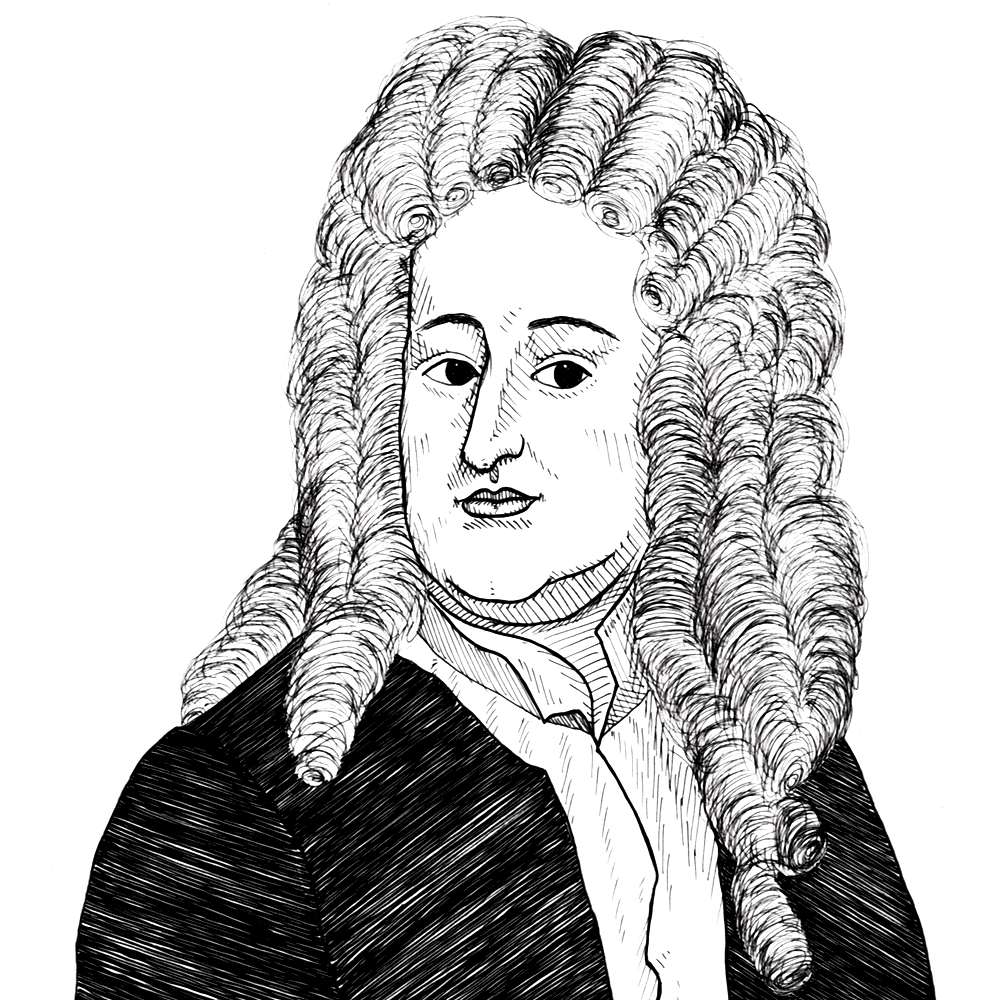
Cato denounces generals like Julius Caesar who use success on the battlefield as a stepping stone to political power (1710)
Found in: Cato: A Tragedy and Selected Essays
Marcus Porcius Cato (95–46 B.C.) was a Stoic philosopher and politician who opposed the actions of the Roman general Julius Caesar who used his successes on the battlefield to make himself dictator of Rome. In this passage “Marcus” denounces the would be tyrant for seeking political greatness by means of slaughter and the ruin of his country:
Presidents, Kings, Tyrants, & Despots
Thy steady temper, Portius,
Can look on guilt, rebellion, fraud, and Caesar,
In the calm lights of mild philosophy;
I’m tortured ev’n to madness, when I think
On the proud victor: every time he’s named
Pharsalia rises to my view!—I see
The insulting tyrant, prancing o’er the field
Strowed with Rome’s citizens, and drenched in slaughter,
His horse’s hoofs wet with Patrician blood!
Oh, Portius! is there not some chosen curse,
Some hidden thunder in the stores of heaven,
Red with uncommon wrath, to blast the man
Who owes his greatness to his country’s ruin?